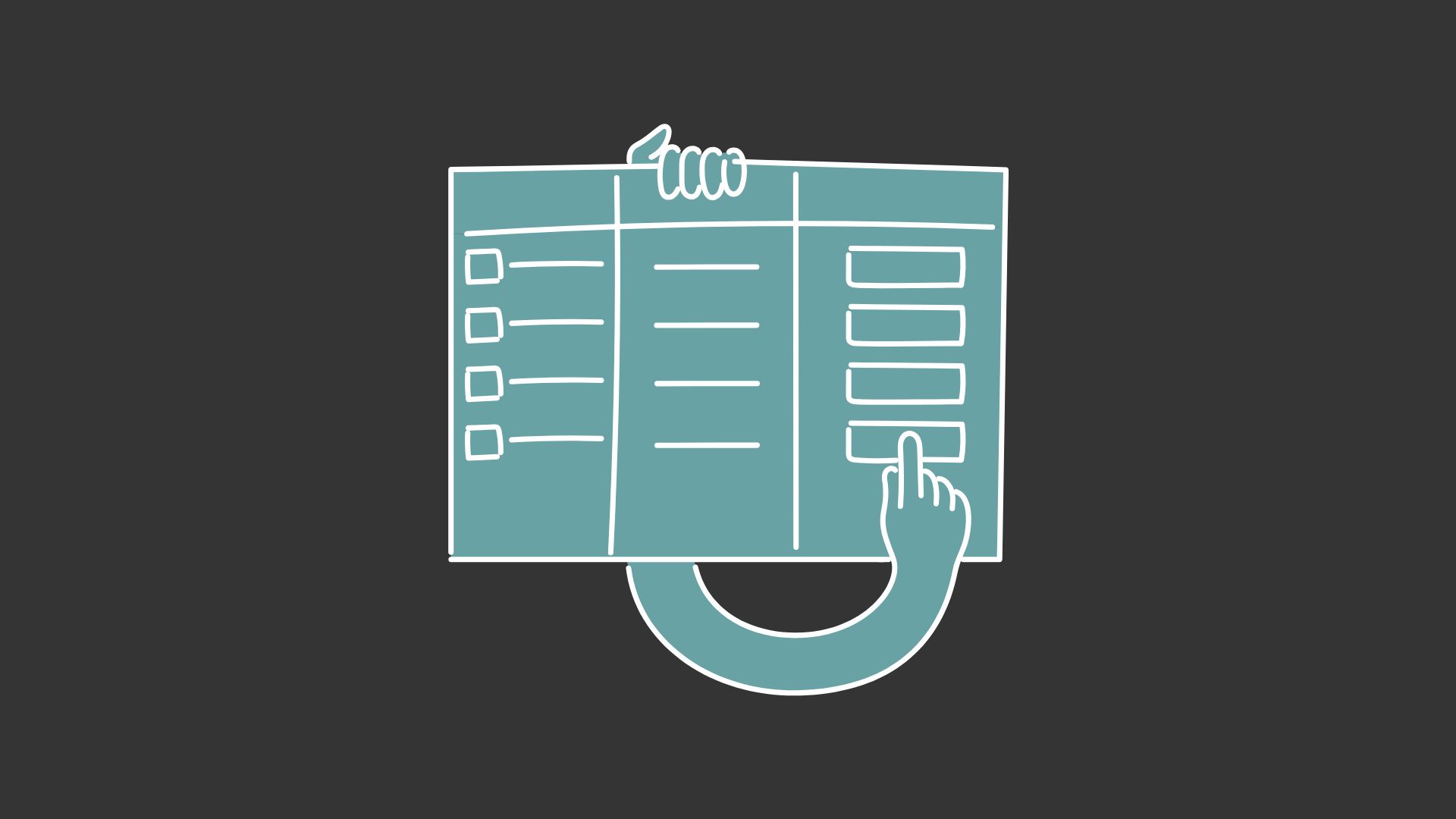Like two similar-looking acquaintances, “than” and “then” often confuse writers.
These nearly identical words may seem interchangeable at first glance, but they serve distinct purposes in English.
Just as you’d get to know twins to tell them apart, understanding the unique roles of “than” vs. “then” will help you use them correctly.
Let’s explore their differences and master their usage.
“Then” vs. “Than”— What’s the Difference?
Understanding when to use “than” versus “then” can significantly improve your writing clarity and accuracy.
When to use then
“Then” is a versatile word that primarily functions as an adverb, but it can also serve as an adjective in certain contexts.
Its main uses are:
1. To indicate time or sequence:
“Then” often denotes what happens next or at a specific point in time. For example:
- We’ll finish our homework, then go to the movies.
- Back then, people communicated mainly through letters.
2. To express a consequence or result:
“Then” can introduce the outcome of a condition. For instance:
- If you study hard, then you’ll ace the test.
- You didn’t follow the recipe, then wondered why the cake didn’t turn out right.
3. In that case or therefore:
“Then” can mean “as a consequence” or “in that situation.” For example:
- If you’re not coming, then I’ll go alone.
- The store is closed? Then we’ll have to shop online.
4. Additionally or moreover:
Sometimes, “then” is used to add information. For instance:
- The car needs new tires, and then there’s the oil change to consider.
5. As an adjective meaning “existing or being at the time”:
Though less common, “then” can function as an adjective. For example:
- The then president made a controversial decision.
- Her then boyfriend is now her husband.
“Then” appears in several idiomatic expressions, such as “now and then” (occasionally), “there and then” (immediately), and “then and there” (at that exact time and place). These phrases add color and specificity to our language, helping to paint a more vivid picture of timing or circumstances.
When to use than
“Than” serves primarily as a conjunction or preposition, used mainly for comparisons. Its key functions include:
1. Introducing the second part of an unequal comparison:
“Than” connects two elements being compared. For example:
- She runs faster than her brother.
- This book is more interesting than the last one I read.
2. Expressing preference:
“Than” introduces the rejected choice in expressions of preference. For instance:
- I’d rather eat out than cook tonight.
- He prefers writing with a pen than typing on a computer.
3. Meaning “except” or “when”:
In some contexts, “than” can mean “except” or “when.” For example:
- We have no choice other than to wait.
- They never visit us other than during the holidays.
4. As a preposition meaning “in comparison with”:
Though less common, “than” can function as a preposition. For example:
- She is taller than me. (Informal)
- No one is more qualified for this job than her.
5. In idiomatic expressions:
“Than” appears in many idiomatic phrases, often involving comparisons. Some examples include:
- More often than not (usually)
- Easier said than done (more difficult to do than to talk about)
- Better late than never (it’s better to do something late than not at all)
Understanding these nuanced uses of “than” can help improve the precision and sophistication of your writing.
It’s particularly useful in academic or professional contexts where clear comparisons and precise language are crucial.







